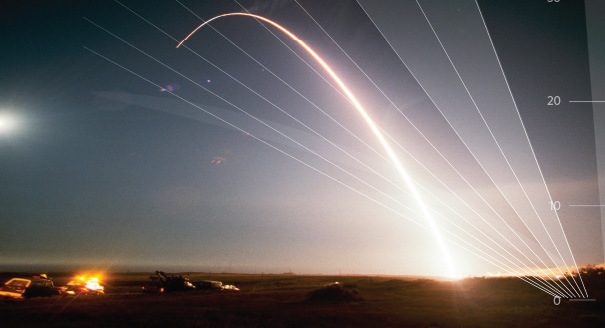Registration
You will receive an email confirming your registration.
This event has reached capacity and registration has closed. Watch live beginning at 12:30 p.m. EST.
As part of their efforts to offset the United States’ conventional strength, both Russia and China are seeking capabilities, including anti-satellite and cyber weapons, to threaten the U.S. command-and-control system. However, because a number of critical U.S. command-and-control assets also support nuclear operations, strikes against them could result in a conventional war escalating—inadvertently but catastrophically—into a nuclear one. Drawing on his recent article in the journal International Security, James Acton will explain why this risk is becoming more serious and outline potential ways to mitigate it. Scott Sagan will moderate.
A light lunch will be served at noon.
James Acton
James Acton holds the Jessica T. Mathews Chair and is co-director of the Nuclear Policy Program at the Carnegie Endowment for International Peace.
Scott Sagan
Scott Sagan is the Caroline S.G. Munro professor of political science, the Mimi and Peter Haas university fellow in undergraduate education, and senior fellow at the Center for International Security and Cooperation and the Freeman Spogli Institute at Stanford University.
